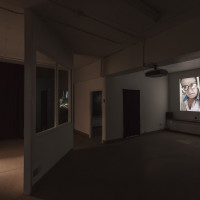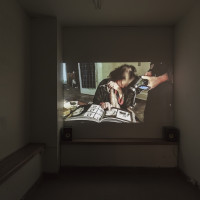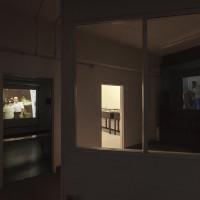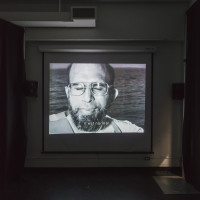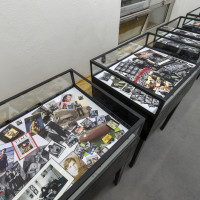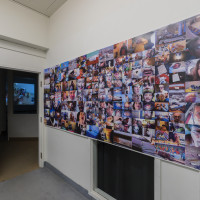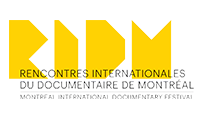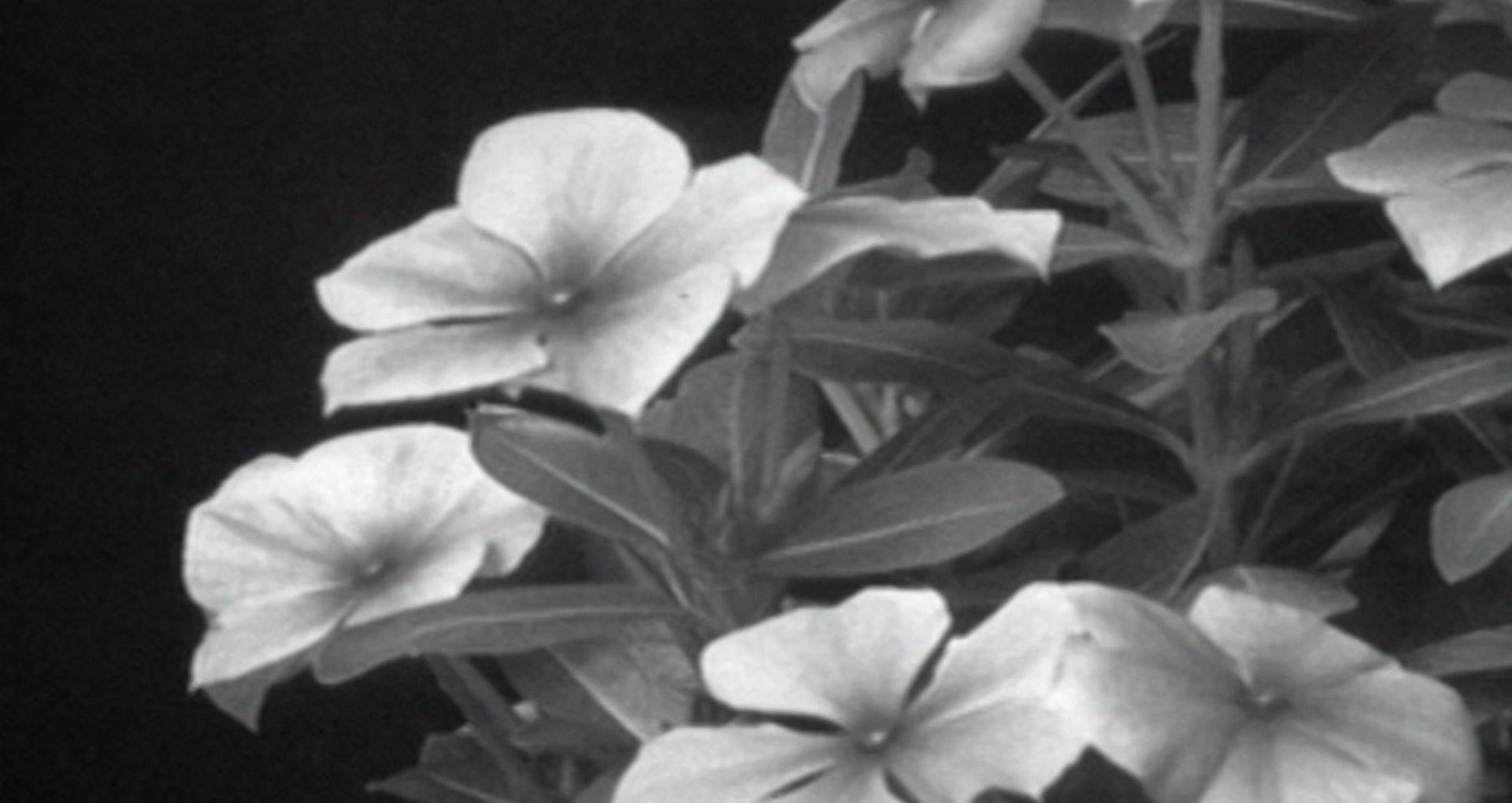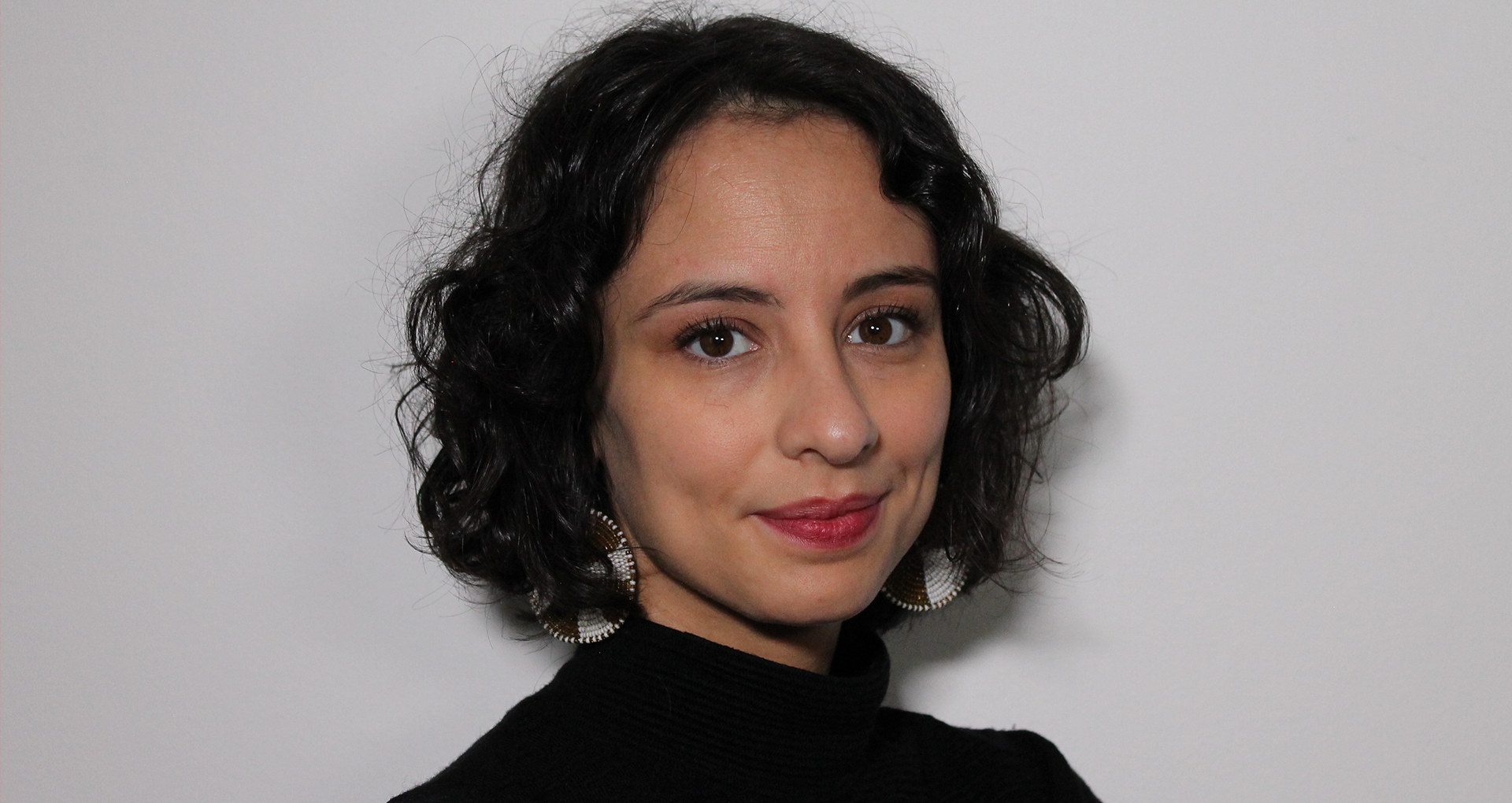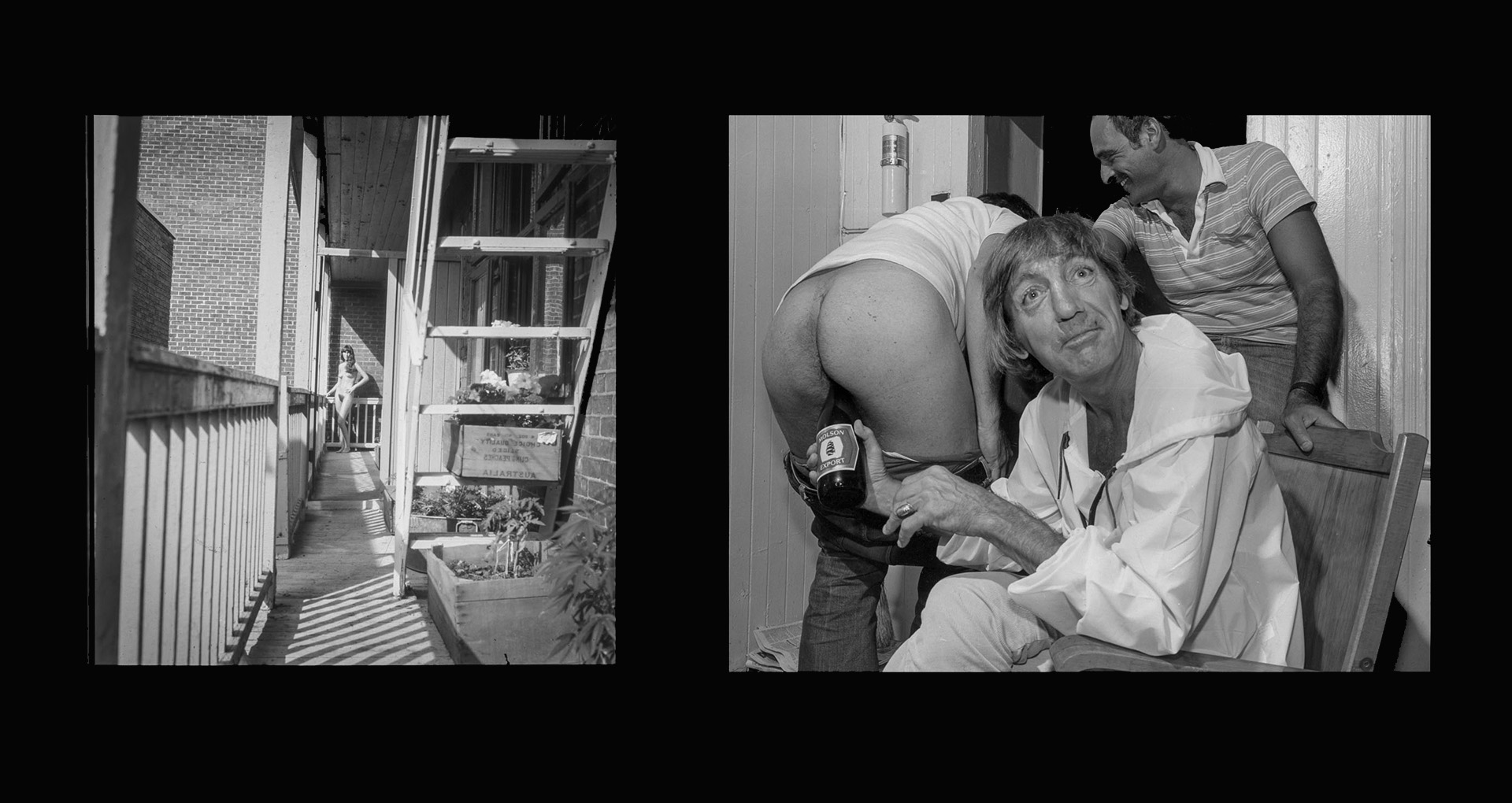
© Donigan Cumming, 2015
A Life in Photography: Kerr’s Suitcase
Exhibition
Exhibition from November 12 to 22, 2015
3450, Saint-Urbain St., Montréal
Opening hours: 11am – 10pm
Presented as part of RIDM
Vernissage : Saturday, November 14th at 7pm
Panel discussion with Donigan Cumming, Khalik Allah, and Michel Lamothe: Friday November 20, 3pm, Concordia University – salle J.A de Sève
Screening of Culture by Donigan Cumming : Tuesday, November 17 at 8:30pm, Cinémathèque québécoise, room Claude Jutra. As part of the retrospective Eye of the Photographer: photography and poetic documentary curated by filmmakers and photographs Brian M. Cassidy and Melanie Shatzky.
As part of the 18th Rencontres Internationales du Documentaire de Montréal (RIDM), Videographe presents A Life in Photography: Kerr’s Suitcase by Donigan Cumming. Combining video and photography ,Cumming’s new body of work challenges modernist notions of the singular ‘auteur’ and the iconic image by recreating the atmosphere of flânerie and camaraderie that continues after the death of one party in the form of imaginative collaboration.
This work started when the artist received a suitcase that contains the ‘life in photography’ of David Kerr (1945-2007). Kerr was active in the Montreal art community of the 1970s, and especially the Crescent Street scene where he and Donigan Cumming met. Cumming is now in possession of his photographic oeuvre, passionately created and completely forgotten. With this work, his aim is to create a memorial to the unknown photographer, combining Kerr’s work with his own. This is not a history project, but the creative expression of hopes and fears as the post-WWII generation faces the twin terrors of apotheosis and oblivion.
This project develops an important aspect of Donigan Cumming’s practice, which has been the use of personal papers (letters, diaries, medical reports, and family photographs) in dialogical structures with photographs and video recordings. These “authentic documents” have functioned paradoxically to destabilize the reality-effect of the artistic work and to question the distinctions between truth and fiction, and private and public.
The works presented in this exhibition are part of a larger developing body of work comprising an installation, a video, and an artist’s book.
Donigan Cumming uses photography, video, painting, drawing, sound, and text in multi-media artworks and installations that have been widely exhibited in Europe, Asia, and North America. His work is recognized internationally for its forthright and compassionate representation of humanity and its forgotten members. His artist’s book The Stage (1991) is included in Parr and Badger’s The Photobook II and Errata Editions selected The Stage for its ‘Books on Books’ series on key photographic publications. Retrospectives of his video work have been mounted by leading festivals and museums. In 2005, Moving Pictures (MOCCA, Toronto) premiered his monumental photo and encaustic collages on panel, Prologue and Epilogue, and the DVD collection of 18 video works, Controlled Disturbance. His recent project, Kerr’s Suitcase (2015) is an assemblage of visual documents, direct cinema, and animation that revisits the dream of a life in photography. Cumming lives in Montreal, Quebec, Canada. www.donigancumming.com




